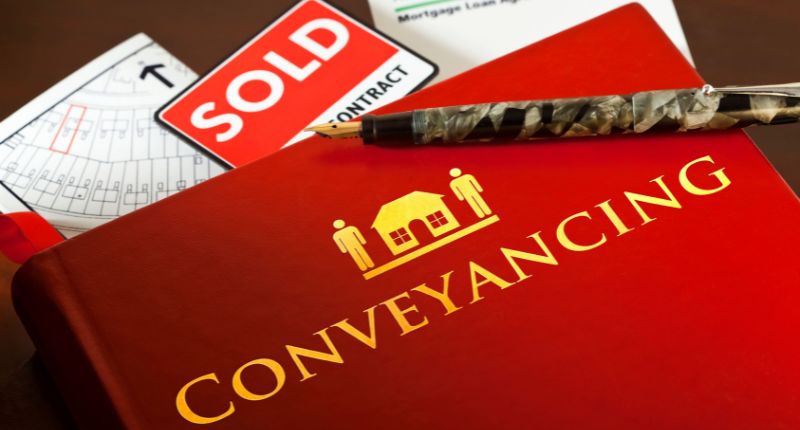- Conveyancing is the process of transferring property to a purchaser without any encumbrances
- A settlement agent or conveyancer is usually hired to handle the settlement process
- Choosing the right settlement agent is important due to the complexity of conveyancing
In the first of this series on settlement, some of the most prevalent questions are addressed, including when do you get the keys? And, how to find the right agent?
Conveyancing, also known as settlement, is the process of transferring property free of any encumbrances (mortgages, caveats, etc.) to a purchaser.
Settlement is usually undertaken by a professional settlement agent (also known as a conveyancer) or a solicitor.
It is important to understand that conveyancing can be a complicated process, so choosing the right settlement agent is extremely significant to your experience.
How do I locate the right settlement agent?
Ask family and friends, your finance broker, bank manager, or real estate agent to recommend names. Phone these recommended names, ask a few questions and test their response to gauge their interest in working with you.
Remember, it is important to go with your gut feelings.
Is price important?
Most settlement agents will offer you a discount, some larger than others.
However, you should consider issues like availability or returning phone calls and emails, the size of the company and the length of time the agent has been established.
Are documents sent out to sign or do you have to visit the agent’s office?
Where possible, most settlement agents see clients personally to sign documents. Apart from being part of their service, it does help to build a relationship, explain the documents, and answer any questions.
It is also a way of protecting your identity by ensuring you are the lawful purchaser/seller.
Do I need to attend settlement and when do I get the keys?
No – that is why you employ and pay an agent. They draw up documents, liaise with other parties to the settlement, ensure there are sufficient funds for the purchase and attend settlement.
After settlement, your real estate agent will contact you and give you your keys.
Must all settlement cheques be bank cheques?
Yes – all settlement transactions are conducted using bank cheques.
Can my Settlement Agent act for the other party in a sale?
It is possible for a conveyancer to act for both the buyer and seller in the same transaction, unless a conflict of interest arises.
~~
This article seeks to provide general information only. See our Terms of Use.








